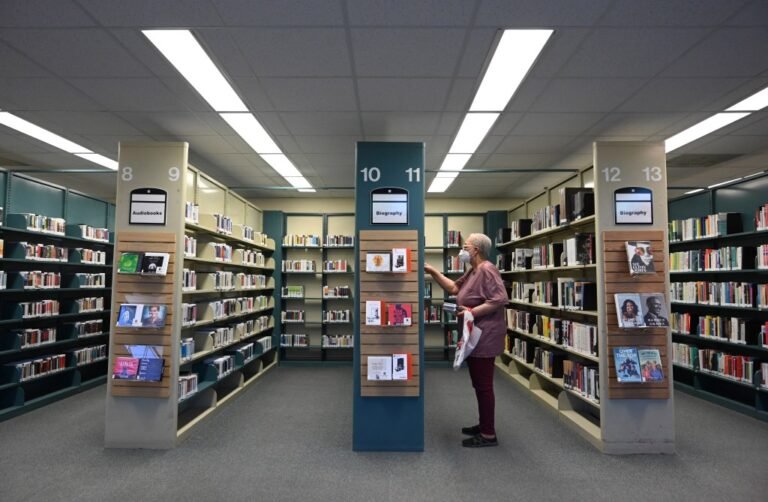Americans are dismayed by the partisan nature of our country. But there are still surprisingly democratic and nonpartisan spaces in this country. It’s a public library. Libraries serve every American who visits them from all of the nation’s diverse socioeconomic, racial, and geographic communities. It’s an incredible job done by humble, hard-working people.
Currently, there is a bill in Annapolis that protects library staff’s ability to meet the needs of all patrons. House Bill 785, entitled the Freedom to Read Act, codifies the fundamental mission of libraries to provide access for all. Additionally, it establishes principles for responsible library collection management. The bill also protects local collections from intentional theft and protects libraries and library staff from punitive actions for operating in accordance with policies and procedures outlined by the organization. Essentially, this bill affirms the constitutional rights of libraries and protects them from unconstitutional censorship.
Librarians know that it is not the library’s role to determine the values of children or communities. This role is with the family. But just as importantly, it is not the right of any individual, political party, or ideology to determine which materials belong in our libraries. That is the job of trained librarians who develop collections.
Libraries across the country have books on their shelves that present diametrically opposed views, rebellious ideologies, or challenges to traditional philosophy. Simply put, our collection is diverse, vibrant, and expertly selected. The Freedom to Read Act means our libraries are free from the influence of any belief system or politics. This gives individual visitors the freedom to satisfy their curiosity and choose what they read.
To be an engaged citizen of our county, state, and nation, we must know its history and the unique challenges that our neighbors have witnessed. We must keep up to date with the ideas and perspectives of our fellow citizens. The opportunity to do all this is in the library. Materials are available for all of us to grow as individuals and reach conclusions about the issues of the day.
It’s important for all of us to celebrate the creative expression that fiction provides. Sometimes we find parallels with our own lives in characters. We also learn about cultures, histories, and individuals that are very different from our own. Reading develops intellectual knowledge and develops empathy and respect for others. It can give rest to the soul.
Why are these protections so urgently needed now? According to data from the Maryland State Library, the number of formal book appeals to public libraries increased by 133% between 2019 and 2023. , which reached a peak of 233% in 2022. The number of individuals filing book appeals with Maryland public libraries increased by 245. % over the past year. In the first nine months of 2023, 49% of all book challenges nationwide targeted public libraries and public librarians, up from 16% a year earlier.
What happens when we restrict readers’ access to certain resources? We limit our autonomy to choose what to read. Proposed book bans routinely target authors, subjects of color, and the LGBTQ+ community, silencing the voices of our marginalized people. As the curator of the Baltimore County Public Library, I advise community members to: “If you don’t like it, don’t view it, but don’t prevent others from having that option.”
As citizens of a democracy, we must protect our freedom to explore new ideas, have opposing views heard, and vigorously debate our unique perspectives. Public libraries must remain nonpartisan spaces where diverse perspectives are available and active dialogue takes place. The library should be a protected space where the most rigorous debate exists. Granting the freedom to read to all communities is bipartisan and truly democratic, and those protections must be strengthened through the passage of the Freedom to Read Act.
Libraries are sacred spaces filled with limitless imagination, creativity, and information. Our libraries and staff must be free to do the important work of providing access for all. In the coming days, please let your elected officials know that passing the Freedom to Read Act is essential to preserving our democracy.
Yara Cheikh (ycheikh@aol.com) is chair of the Library Board of Trustees for the Baltimore County Public Library.

